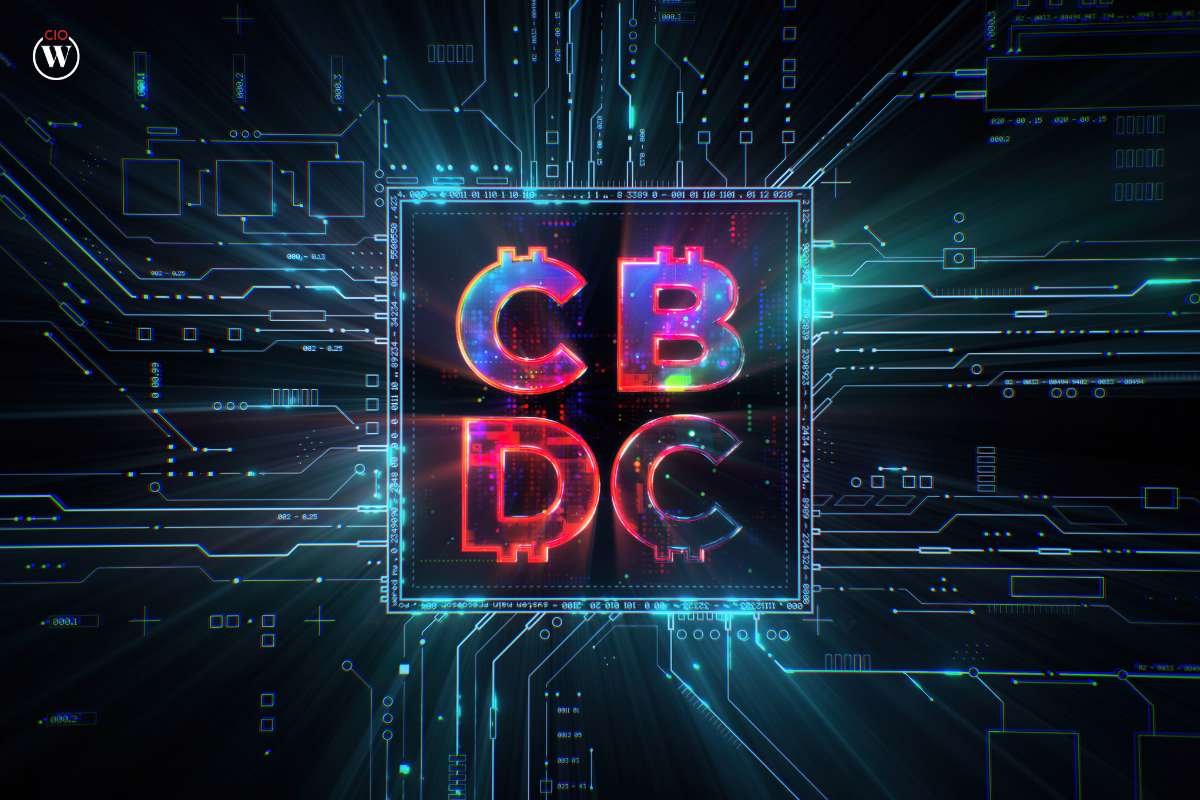Video gaming is often seen as a means of entertainment and an addictive hobby. Via science and technology, video games can actually make this world a better place to live in. Gaming as a career for enthusiasts, is an upcoming field that provides good avenues for pursuing a career in the same. Experts have believed that video games can help solve some problems as there are some skills that are needed in order to win a game. Academic scholars have also started to believe that Video gaming is a solution to world problems and helps us live in peace and harmony.
It is often believed that gamers are out-of-the-box thinkers. It is believed that gamers are the ones who fail almost 85% of the time when playing a game. Still, they are motivated again to try and fail, but they keep trying until they win. This is a trait of being resilient and patient enough to fail and get back up. Gaming also helps in giving exercise to the brain. Experts believe so. In other words, gaming is actually a field of the sharp-minded. Be
The Transformative Power of Video Gaming
Video gaming is a solution to world problems and has come a long way since its inception. What began as pixelated entertainment has now evolved into a multi-billion-dollar industry that captivates minds across generations. Beyond the realm of entertainment, video gaming has demonstrated its potential to effect positive change on a global scale.

One of the most compelling arguments in favor of video gaming’s transformative potential lies in its capacity to cultivate critical skills. A good gamer doesn’t just excel at pressing buttons; they exhibit exceptional problem-solving abilities, strategic thinking, adaptability, and the capacity to work collaboratively. These attributes are not mere coincidences; they are the building blocks of successful problem-solving, a trait that is desperately needed to address the world’s multifaceted challenges.
Distinguishing a Good Gamer from an Average One
To understand how Video gaming is a solution to world problems, it’s essential to distinguish between a good gamer and an average one. While an average gamer may approach games as a means of escapism or entertainment, a good gamer takes a different approach. They treat games as complex puzzles that require analysis, planning, and quick decision-making. This mindset allows them to master games more efficiently and derive a greater sense of accomplishment from their achievements.
A good gamer possesses keen problem-solving skills that extend beyond the virtual realm. They’re able to assess situations rapidly, analyze variables, and adapt their strategies accordingly. This adaptability is crucial for addressing real-world problems that often manifest in unexpected ways. Additionally, the competitive nature of gaming nurtures resilience, a quality essential for tackling challenges that demand perseverance.
From Gaming Skills to Real-World Solutions
The skills possessed by a good gamer directly correlate with the qualities required to tackle real-world issues. Consider the problem of climate change, for instance, video Gaming is a Solution to World Problems. This global crisis demands innovative thinking, rapid adaptation to new information, and collaborative efforts on an international scale. A good gamer’s ability to quickly assess dynamic environments and devise effective strategies can be seamlessly applied to find solutions for climate-related challenges.

Likewise, the healthcare sector can benefit from the problem-solving prowess of gamers. The COVID-19 pandemic highlighted the need for quick decision-making, efficient resource allocation, and adaptive strategies. These are all qualities that are second nature to experienced gamers. By creating virtual simulations of pandemics, researchers and healthcare professionals can tap into the insights of gamers to devise effective response strategies.
Fostering Collaborative Problem-Solving
Another remarkable aspect of Video gaming is a solution to world problems is its capacity to foster collaboration. Many modern video games are designed for multiplayer interactions, where individuals from diverse backgrounds must work together to achieve a common goal. These interactions cultivate teamwork, communication skills, and cultural understanding – all of which are vital for addressing global issues that transcend geographical and cultural boundaries.
Take the issue of poverty alleviation, for example. A good gamer’s ability to work harmoniously within a team can translate to effective collaboration among governments, non-governmental organizations, and local communities to formulate comprehensive poverty reduction strategies. By gamifying the process of finding solutions, the engagement and commitment levels of stakeholders can be heightened, resulting in more sustainable outcomes.
The Road Ahead: Challenges and Possibilities

While the potential of video gaming is a Solution to world problems is undeniably promising, there are challenges that must be addressed. The stereotype of gamers as isolated individuals must be shattered, and the wider public must recognize the intricate cognitive skills that gaming nurtures. Education systems should adapt to incorporate the cognitive benefits of video gaming, fostering critical thinking and problem-solving from an early age.
Moreover, the gaming industry itself must take proactive steps to align its products with global challenges. Game developers can create experiences that not only entertain but also educate players about various issues, encouraging them to think critically about solutions. Imagine a game that challenges players to devise sustainable urban development strategies or manage resources to combat famine in a virtual world. Such experiences can have a profound impact on players’ mindsets and perspectives.
Gaming can make a better world | Jane McGonigal
How to know whether you’re a good video gamer or not?
1. Consistency is Key
One of the primary indicators of a skilled gamer is consistency. A good gamer doesn’t rely on luck to perform well; they demonstrate a consistent level of competence across different gaming sessions. If you find that you’re consistently able to achieve your objectives, complete levels, or contribute to your team’s success, you’re likely on the right track.
2. Adaptability in Action
Gaming environments can change rapidly, presenting unexpected challenges that demand quick thinking. If you’re adept at adapting your strategies on the fly and adjusting to new situations, you’re displaying a key characteristic of a skilled gamer. Whether it’s shifting tactics in a fast-paced shooter or rethinking your approach to a puzzle, adaptability is a sign of your gaming prowess.
3. Navigating Complex Mechanics
Many video games feature intricate mechanics, from combo moves in fighting games to resource management in simulation games. If you find yourself grasping complex mechanics relatively quickly and effectively incorporating them into your gameplay, it’s a strong indicator that you possess the analytical skills necessary to excel in various gaming genres.
Conclusion
Video gaming has transcended its status as a mere source of entertainment to emerge as a potential catalyst for solving global problems. The skills that define a good gamer – problem-solving, strategic thinking, adaptability, and collaboration – are precisely what the world needs to address its most pressing challenges. By harnessing these skills and channeling them toward real-world issues, we can unlock a new dimension of problem-solving that draws inspiration from the virtual realm.
The journey toward recognizing the potential of video gaming is a solution to world problems tool will not be without hurdles. However, as we shatter stereotypes and harness the cognitive benefits of gaming, we inch closer to a world where video gaming isn’t just an escape, but a path toward transformative change. It’s time to level up – not just in virtual worlds, but in the real world where the power of gaming can make a tangible difference.










